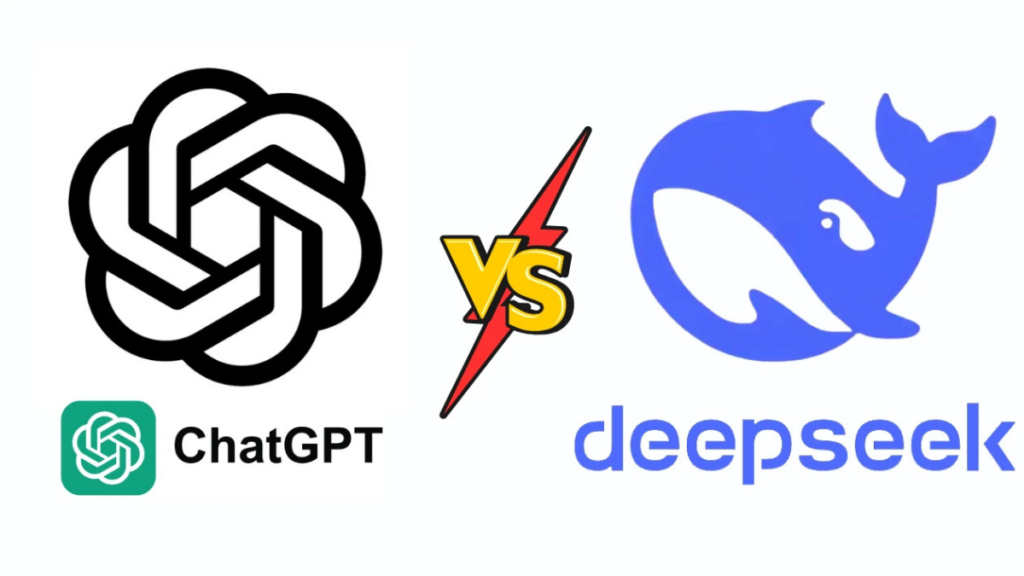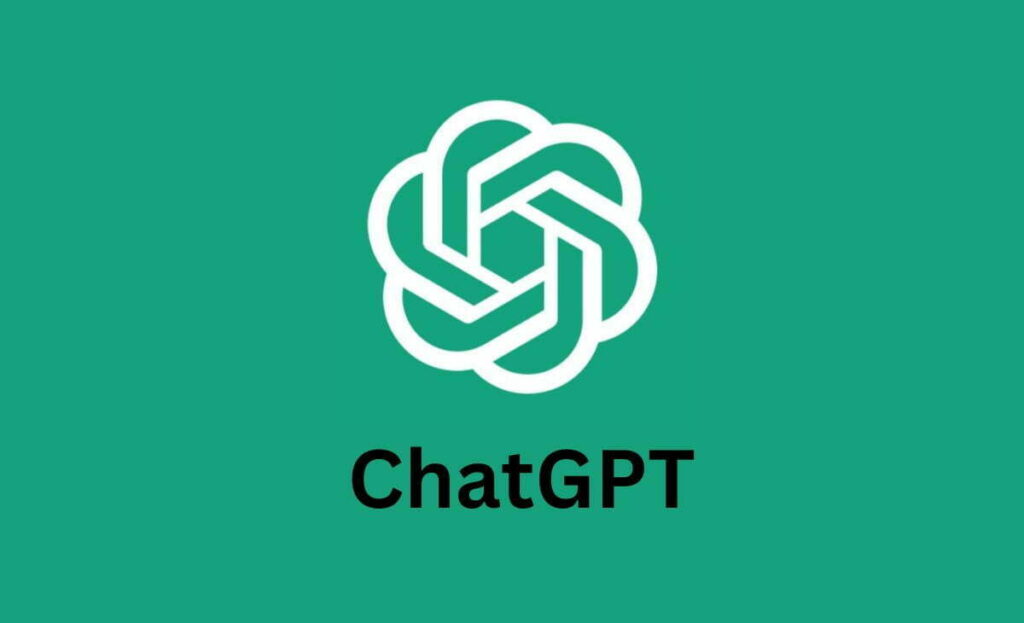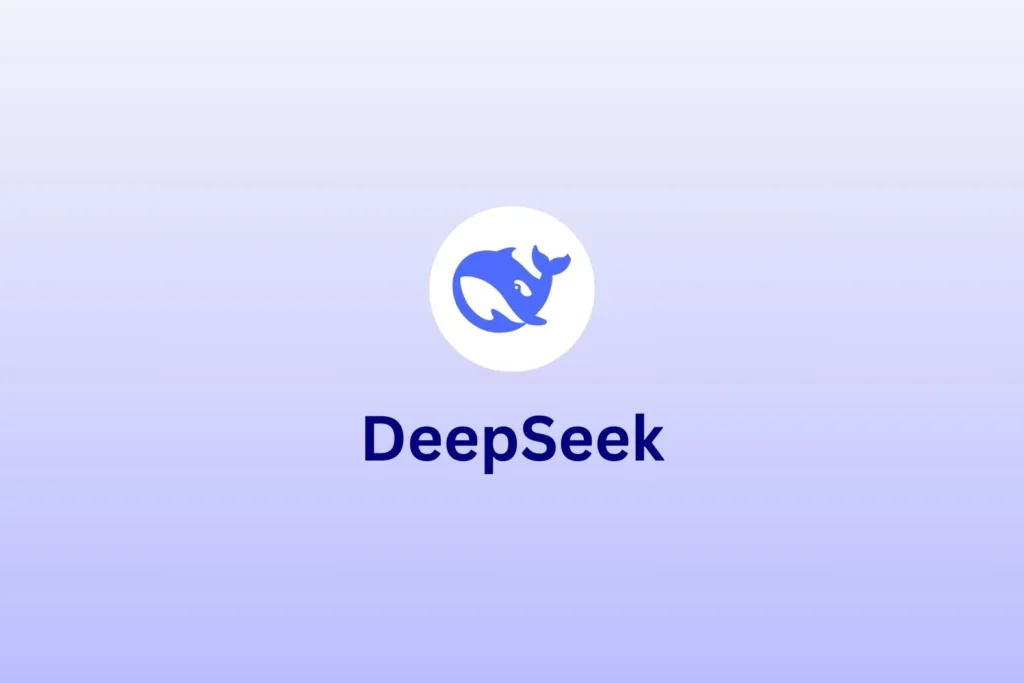ChatGPT vs DeepSeek: Which AI Model is Better?
The rapid advancement of artificial intelligence (AI) has given rise to powerful language models that significantly enhance human-computer interaction. Among the leading AI models in natural language processing (NLP), OpenAI’s ChatGPT and DeepSeek have gained considerable attention. While both models are designed to facilitate text generation, problem-solving, and coding, they differ in multiple aspects, such as performance, pricing, architecture, and use cases. This article provides a detailed comparison of ChatGPT and DeepSeek, helping users determine which AI model best fits their needs.

What is ChatGPT?
ChatGPT, developed by OpenAI, is one of the most advanced conversational AI models available. It is based on the transformer architecture and has been refined through reinforcement learning from human feedback (RLHF).
Main Features of ChatGPT:
- Natural Language Understanding: It excels at understanding context and generating human-like responses.
- Versatile Applications: Used for writing assistance, customer support, programming, and creative content generation.
- Multilingual Capabilities: Supports multiple languages, making it accessible to a global audience.
- API Integration: Can be integrated into various applications for automation and AI-driven solutions.
- Continuous Updates: OpenAI frequently updates ChatGPT to improve its knowledge base and response accuracy.

What is DeepSeek?
DeepSeek is an emerging AI language model designed with a focus on efficiency, cost-effectiveness, and specialized AI capabilities. It is developed using a Mixture-of-Experts (MoE) architecture, which allows it to process tasks more efficiently while optimizing computational resources.
Main Features of DeepSeek:
- Optimized for Efficiency: Uses the MoE approach, activating only relevant parameters for specific tasks.
- Cost-Effective Solution: Offers a more affordable pricing structure compared to ChatGPT.
- Coding Specialization: Performs exceptionally well in programming and algorithmic problem-solving.
- Open-Source Model: Allows developers to customize and optimize its functionalities.
- Real-Time Performance: Faster response times compared to traditional transformer-based models.

Comprehensive Comparison of
To better understand the strengths and limitations of ChatGPT and DeepSeek, let’s compare them across multiple aspects.
Function Comparison
| Feature | ChatGPT | DeepSeek |
|---|---|---|
| Text Generation | Generates high-quality, coherent, and context-aware text | Effective but may be less creative in open-ended tasks |
| Conversational AI | Excels in chatbot applications and customer support | Strong NLP capabilities but less versatile |
| Coding Assistance | Good at writing and explaining code, but may require multiple attempts | Highly efficient in algorithmic problem-solving |
| Multilingual Support | Supports multiple languages | Primarily optimized for Chinese and technical queries |
| Integration Capabilities | Strong API support, widely used across industries | Open-source model, customizable for developers |
Performance Indicator Comparison
ChatGPT offers reliable processing speeds, but during high-demand periods, response times can slow down. In contrast, DeepSeek leverages its Mixture-of-Experts (MoE) model, allowing it to process tasks faster while using fewer computational resources.
In terms of accuracy, ChatGPT performs well in generating general-purpose text with high coherence, but it may struggle with complex coding tasks that require multiple attempts. DeepSeek, on the other hand, is particularly strong in algorithmic problem-solving and often produces correct results on the first attempt.
When considering resource utilization, ChatGPT requires a substantial amount of computational power to function effectively, which may lead to increased latency in high-load situations. DeepSeek optimizes efficiency by activating only the necessary parameters for each specific task, making it a more resource-friendly solution.
Regarding response coherence, ChatGPT consistently delivers well-structured and contextually appropriate responses. DeepSeek, while effective in technical queries, may face challenges in handling abstract or open-ended discussions.
Advantages and Disadvantages Comparison
| Feature | ChatGPT (Pros) | ChatGPT (Cons) | DeepSeek (Pros) | DeepSeek (Cons) |
|---|---|---|---|---|
| Performance | Strong general-purpose language understanding | May require multiple attempts for correct answers in coding tasks | Highly efficient in coding and algorithmic tasks | Less effective in handling open-ended creative tasks |
| Speed | Reliable response times, but can slow under heavy loads | Computationally intensive, leading to occasional slowdowns | Faster processing times due to MoE model | Still improving in some real-time applications |
| Pricing | Free and premium plans available ($20/month) | Higher subscription cost for advanced features | More affordable pricing ($0.50/month, lower API costs) | Limited enterprise-tier offerings |
| Integration | Strong API support and third-party integrations | Can be resource-intensive for API implementations | Open-source models for customization | Smaller ecosystem compared to ChatGPT |
| Versatility | Excels in multiple domains, including writing, coding, and customer support | May struggle with highly specialized tasks | Well-suited for specific domains like coding | Less effective in general conversation |
Is Deepseek Better than Chatgpt
For General Use: ChatGPT might be better for general tasks like casual interactions, content creation, brainstorming, coding assistance, or learning.
For Specialized Tasks: DeepSeek may outperform ChatGPT if it has a clear focus on domain-specific applications such as research, knowledge mining, or analytics.
For Research and Depth: If DeepSeek offers advanced features for extracting targeted insights, it could be more beneficial for rigorous academic, scientific, or business purposes.
DeepSeek and ChatGPT each have unique strengths that cater to different use cases. ChatGPT’s broad functionality and conversational abilities make it an excellent choice for diverse tasks, while DeepSeek may offer deeper specialization for specific industries or applications. The “better” choice depends on your particular needs, the type of task you wish to accomplish, and the level of precision or customization required.
How to use ChatGPT model and Deepseek model together in CometAPI
CometAPI integrates chatGPT model API (such as gpt 4o, gpt 3.5) and Deepseek models (such as deepseek r1 etc) and continue to update the latest API, and provide lower prices than the official ones. You can register as our user and apply chatGPT models and Deepseek models to your development with a single subscription.
Related topics CometAPI: The Ultimate AI Model Integration Platform
Conclusion
Both ChatGPT and DeepSeek offer powerful AI capabilities, but their effectiveness depends on specific use cases. ChatGPT is a well-rounded model with strong text generation, multilingual support, and extensive applications. It is ideal for businesses, content creators, and general users looking for a versatile AI assistant. On the other hand, DeepSeek excels in efficiency, coding assistance, and cost-effectiveness, making it a suitable option for developers and users seeking a budget-friendly alternative.
